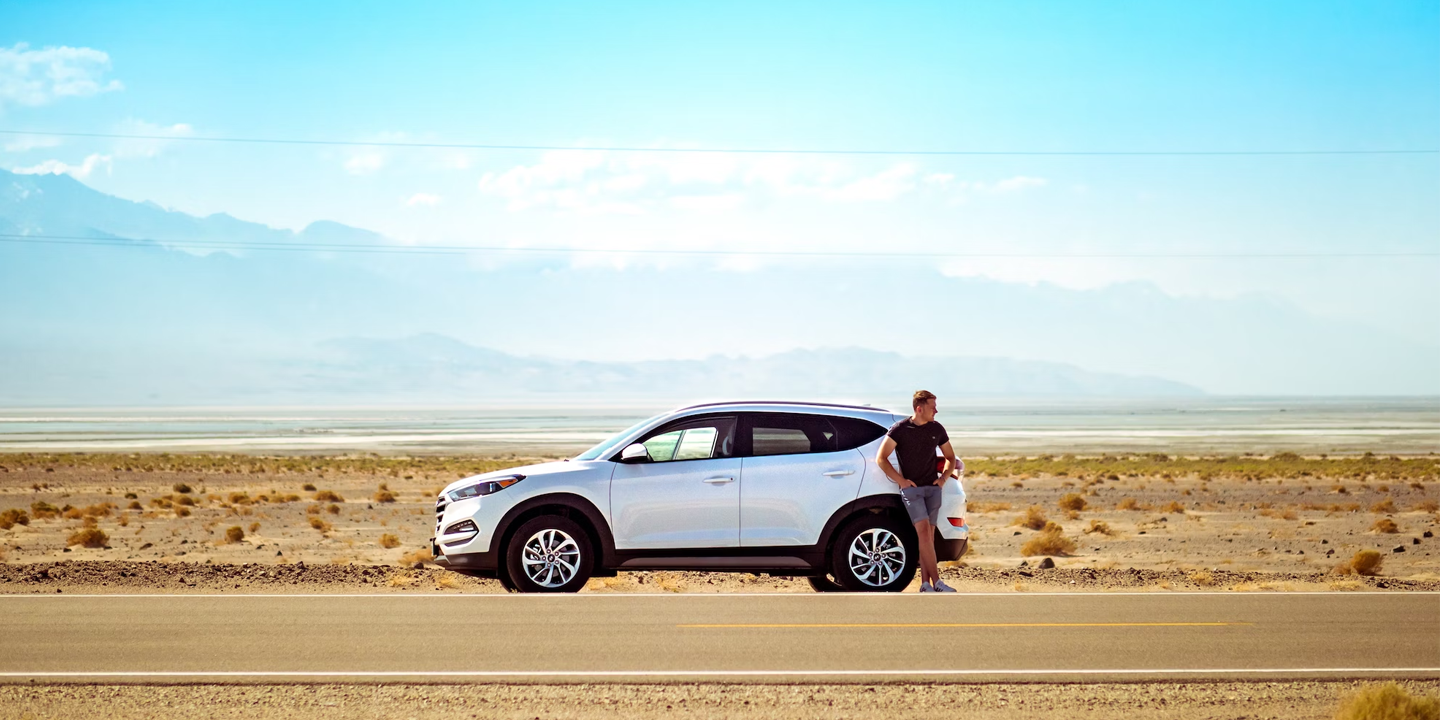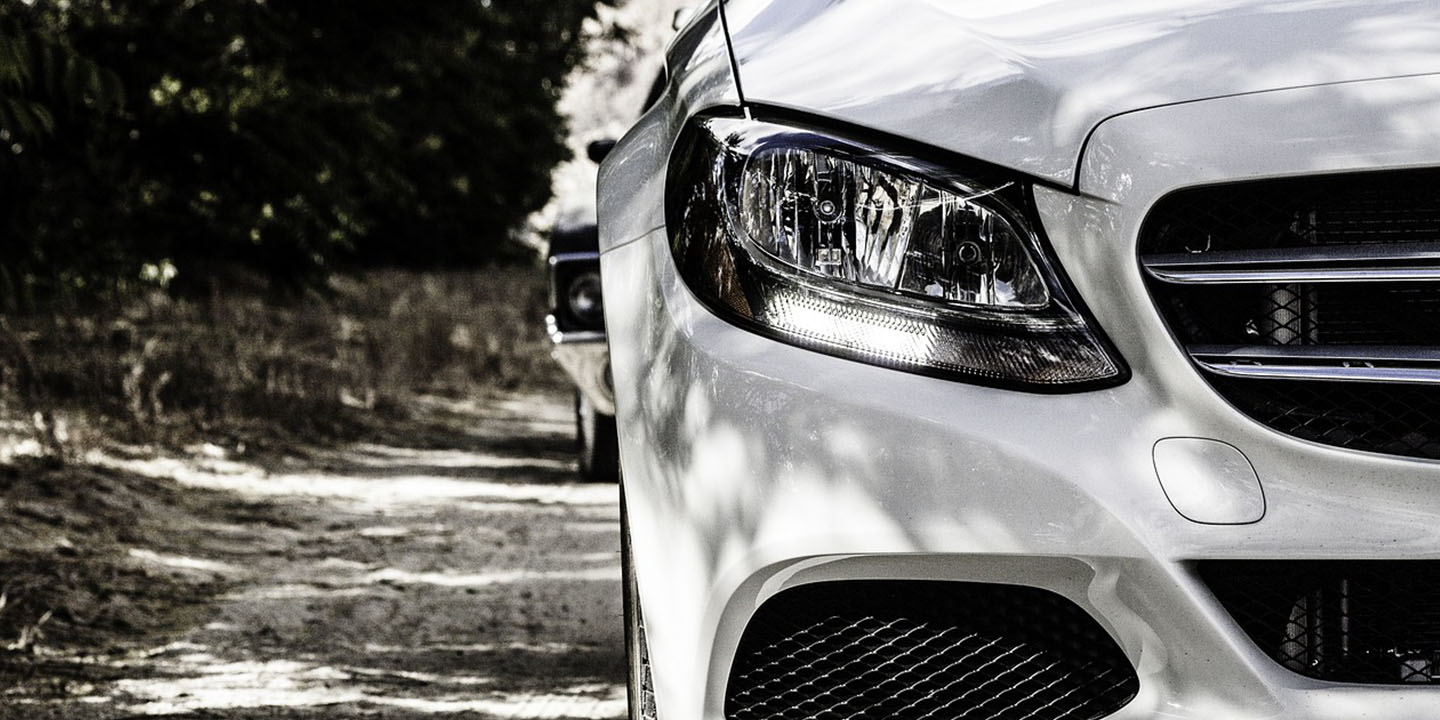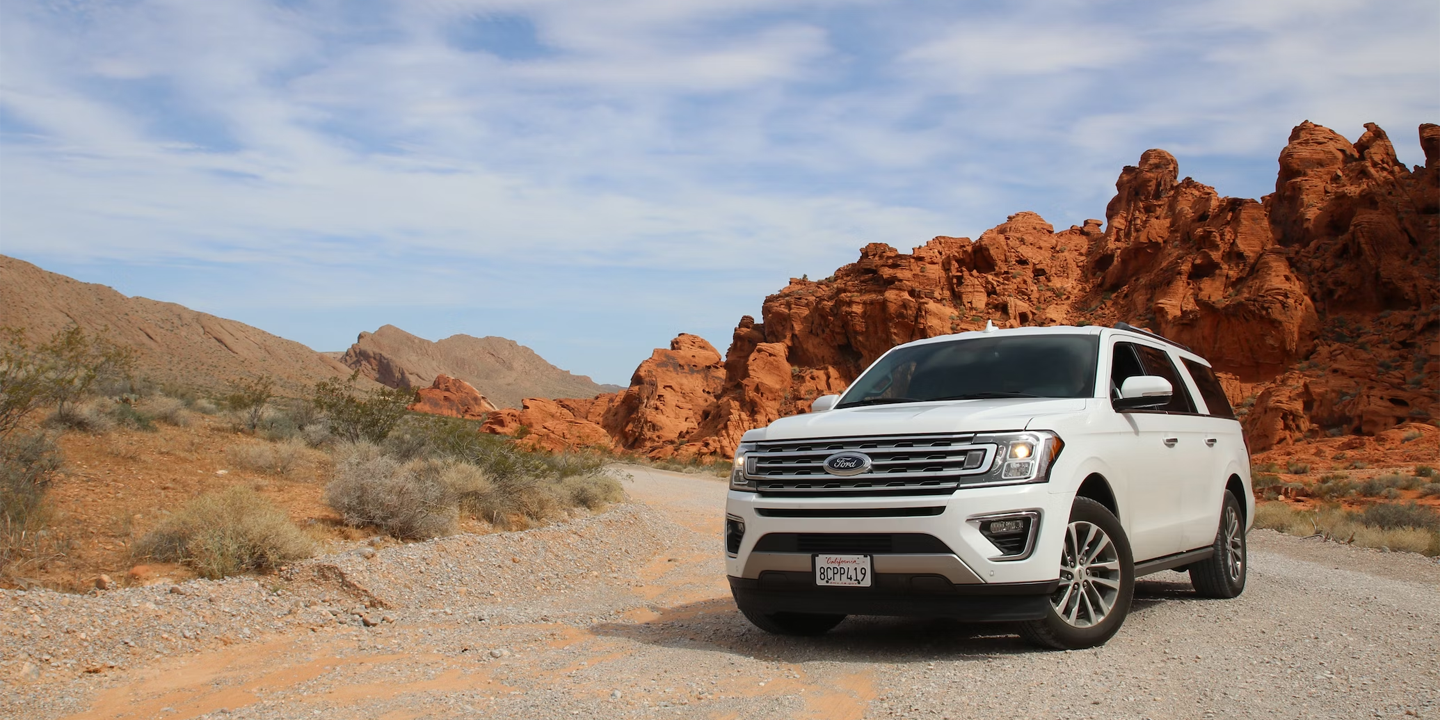A Cheaper Alternative To Regular Homes?
With two-bedroom homes ranging from $200,000 to $400,000 across the United States, and a national average price of $700,000 in Canada, it’s no surprise that folks are turning to less conventional home ownership. Mobile homes, or tiny homes, in particular, have been at the top of many millennials' minds, as just about anything is better than paying an exorbitant amount of rent. Would you live in a mobile home? Read on to learn more.
1. Value Depreciation
The first thing that every finance website will tell you is that mobile homes automatically decrease in value the moment you start living in them, similar to that of a new car. Even if you do some decent upgrades to the home, you’re still likely to get the same amount, or less, than what you paid for it.
2. Strict Rules
Some mobile homes are located in a community space, typically referred to as a trailer park. Many trailer parks come with a set of rules about how you care for your home and the surrounding land. Often, trailer parks will put restrictions on parking, waste disposal, noise, and shared facilities.
 Tingey Injury Law Firm on Unsplash
Tingey Injury Law Firm on Unsplash
3. Community Eviction
Occasionally, a landlord will participate in something known as community eviction, which usually occurs due to a change in ownership or for some land redevelopment. This means this community will be forced to split up and find new spaces that will take them in.
4. Less Structural Integrity
Mobile homes are not built with brick and mortar, as their lightweight is necessary for trucking them around. This does mean, however, that the building is more prone to dings and dents than an average home.
5. Lower Insulation
Mobile homes usually use a vapor barrier, spray foam, or foam board to insulate the space, but this method of insulation pales in comparison to the usual pink fiberglass we stuff into our walls. If done properly, you’ll be able to heat or cool the small space with ease, but be vigilant about the potential for drafts.
6. Less Safety In Extreme Weather
Mobile homes don’t have any foundation sunk into the ground, so what you’re in is what you get. This can make your tiny paradise more susceptible to rain, snow, and tornadoes.
7. Limited Storage
Many mobile homes today make storage a top priority, but if you’re moving from a house to a mobile home, you may be shocked at how much you have to downsize. You should only keep what is necessary.
8. Low-Quality Materials
Usually, mobile homes are made with lower-quality materials than you’d expect. Lower-quality materials like particleboard, aluminum, and economy-grade shingles prioritize reduced cost rather than long-term durability.
9. Unexpected Costs
You may think that a mobile home is going to be your saving grace when it comes to home payments, but you’d be wrong. When building a mobile home, you usually have to pay for site preparation, a septic system or other utilities, permits for construction, higher interest rates, and even lot rent if you don’t own the land you’re on.
10. Unfair Reputation
Unfortunately, there is plenty of stigma surrounding mobile homes. Mobile homes are usually viewed as symbols of poverty and crime-ridden lifestyles. This stigma has only been exaggerated by Hollywood, and now we must fight against our own prejudices to welcome the mobile home as a viable housing option.
1. Affordability
The average price for a mobile home in the United States is $124,300, depending on the size and installation costs. This price is equal to the average price of a home in the year 2000, which was about $119,600.
2. Transitional Space
Mobile homes can be excellent transitional spaces. Rent a mobile home for a month or two while you wait to move homes, or if you live on the road and need a more permanent place to stay from time to time. Even if they’re not your forever home, they can still be a home for a little while.
3. Accessible
Mobile homes can easily be adapted for older folks or people living with disabilities. On a broader scale, mobile homes can include open-concept floor plans, wider doorways, non-slip flooring, roll-in showers, lowerable countertops, and so much more.
4. Energy Efficiency
If your home is built with longevity in mind, you’ll have no problem keeping the space more energy efficient. Using a smaller heater or air conditioner will be just as effective as the larger systems you see in homes today, because you only have to heat a small amount of space.
5. Lower Maintenance Needs
Again, if you buy a mobile home that was built to last, you’ll have lower maintenance needs than your traditional home. Even if you do have maintenance needs, you’re dealing with less piping, electrical, and water, due to your smaller footprint.
6. Sense Of Community
You can find a real sense of community in trailer parks. You all live so close together, making it more likely for you to support and interact with one another. If you have a decent landlord, there may also be community events available to you.
7. Flexibility
Unless you have hundreds of thousands of dollars, you won’t ever be able to build your dream home. However, you can fully customize your mobile home, from floor plans to features to finishes.
8. Fast Construction
Your time can vary depending on the construction and installation process, but usually it takes around two to four months for you to be able to live in your brand new mobile home.
9. Ease Of Transport
Don’t want to live in a particular city or state anymore? No worries! Just pack it up and move on. The best part about mobile homes is the freedom to take them anywhere you want. If you live in an RV-style home, you also have options to park at national forests.
10. Roomy
It might not be big, but it can be roomy. Mobile homes are made with space sharing in mind, and they do their best to make sure everybody can enjoy the space together, as well as privately, without stepping on each other's toes.



























